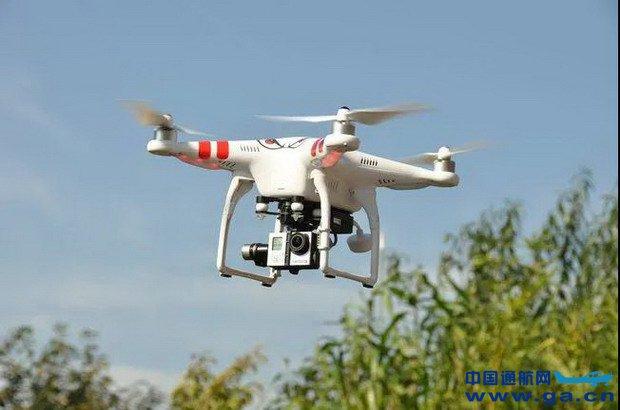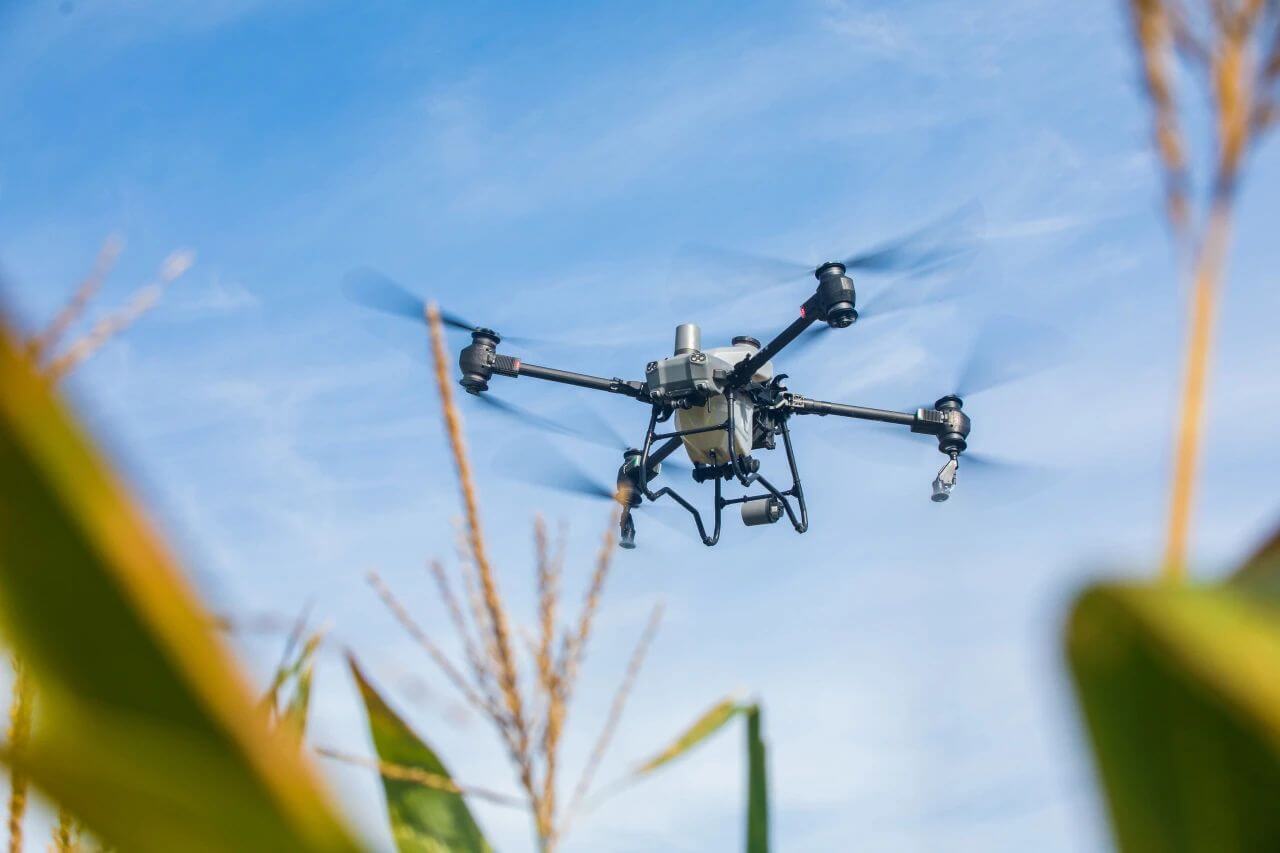When it comes to understanding FAA UAS drone registration, it’s crucial to grasp the essentials of the process. If you’re a drone owner or planning to be one, you need to be aware of the Federal Aviation Administration (FAA) requirements that mandate the registration of Unmanned Aircraft Systems (UAS). This registration is not just a bureaucratic formality but an essential step to ensure the safety and accountability of drones in the national airspace.
Understanding the Need for FAA UAS Drone Registration
The increasing number of drones in the sky has raised concerns about airspace safety, especially with drones being capable of reaching altitudes where manned aircraft operate. Therefore, the FAA UAS drone registration process is designed to keep track of drone ownership and ensure that operators are well-informed about the rules governing drone usage.
Who Needs to Register?
If your drone weighs between 0.55 pounds (approximately 250 grams) and 55 pounds, it’s mandatory to register it with the FAA. However, certain categories such as toy drones that weigh less than this threshold might be exempt. This ensures that all drones that could potentially pose a risk are accounted for in the FAA’s system.
How to Register Your Drone
To register your drone, follow these simple steps. First, visit the FAA’s DroneZone portal. You’ll need to create an account if you don’t already have one. Once your account is set up, enter your details, including your drone’s make and model. Note that registration costs $5 and is valid for three years. After registering, you’ll receive a unique identification number that you must affix to your drone.
- Verification of identity and ownership is a critical part of the registration process. Ensure your details are correct to avoid complications.
- Failure to register your drone could result in significant fines or other penalties, so don’t overlook this step.
Registration Renewal
Your FAA UAS drone registration lasts three years. Afterward, you must renew it by revisiting the DroneZone portal and updating your information as necessary. Remember, flying a drone with expired registration is illegal and may incur penalties.
Benefits of Registering Your Drone
Besides legal compliance, registering your UAS drone offers several benefits. The process ensures you’re kept informed about any updates or changes in drone regulations. Moreover, it enhances security, ensuring lost drones can be returned to their rightful owners. Registration also bolsters overall public safety by maintaining accountability among drone pilots.
Stay Updated on Regulations
Drone technology is continually evolving, and with it, the laws regulating its use. Regular updates from the FAA ensure that drone pilots are informed of new regulations that could impact where and how they can operate their drones. This knowledge is crucial for avoiding airspace infringement and the penalties that come with it.
Common FAQs About FAA UAS Drone Registration
Do all drones need to be registered?
Not all drones need registration. Generally, drones below the 0.55 pounds weight limit are exempt, provided they are strictly for recreational use.
What happens if I fail to register my drone?
Failure to register can lead to civil and criminal penalties, including fines of up to $27,500. For willful violations, criminal penalties can reach $250,000 and three years in prison.
Can I register a drone for business purposes?
Yes, registration is not limited to recreational use. Commercial drone operations must also comply with FAA registration requirements.

 Understanding the intricacies of FAA UAS drone registration ensures that you operate within the law, safeguarding not only your drone activities but contributing to a safer airspace for everyone.
Understanding the intricacies of FAA UAS drone registration ensures that you operate within the law, safeguarding not only your drone activities but contributing to a safer airspace for everyone.